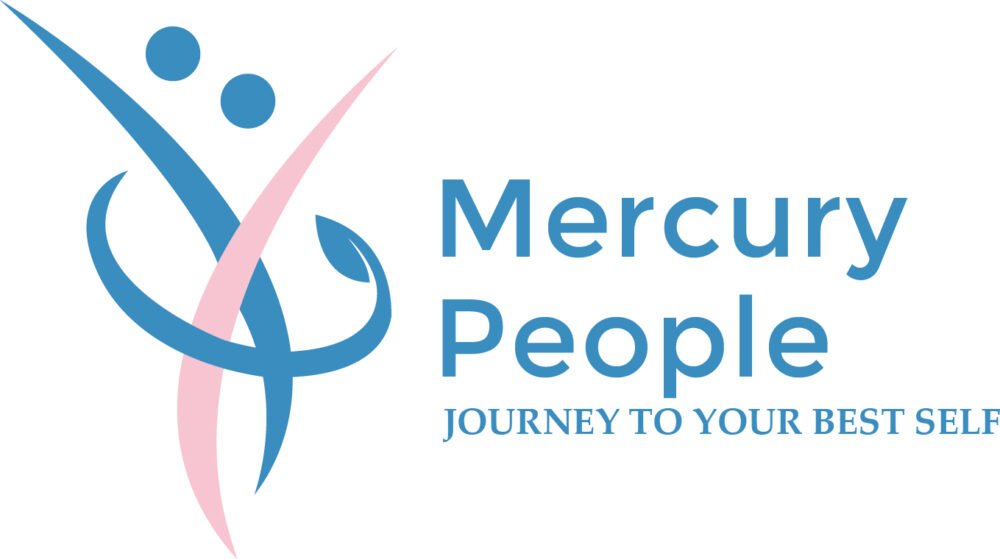
The High-Wire Act: Executive Women Balancing Careers, Autism, and Family Life
In today’s world, more women than ever are rising to leadership positions, building rewarding careers, and making impactful decisions. For executive women raising a child with autism spectrum disorder (ASD), every day is a delicate balancing act juggling work demands, family life, and the extra layers of advocacy and care that autism requires.
This journey can be exhausting, inspiring, and at times, deeply lonely. But with science, strategy, and a supportive network, you can find balance, resilience, and even joy along the way.
Understanding Autism Spectrum Disorder (ASD): What Every Family Member Should Know
What is Autism Spectrum Disorder (ASD)?
ASD is a neurodevelopmental condition that affects communication, social interaction, and how a person experiences the world. It’s called a “spectrum” because each individual’s abilities and challenges are unique, some need more support, while others are very independent.
How might ASD show up in our family life?
Your child may prefer routines, have specific interests, or find it hard to express emotions or make eye contact. Some children are sensitive to noise, lights, or certain textures. They may communicate in different ways, and sometimes repetitive behaviours (like rocking or repeating phrases) are how they cope.
What does this mean for executive moms?
As a working mother, you may find yourself balancing therapy appointments, school meetings, and work deadlines. Remember: advocating for your child and your own career is possible with support and flexibility from family, workplace, and care networks.
How can fathers play an active role?
Fathers’ involvement makes a huge difference. Learn about your child’s needs, join therapy sessions or activities when possible, and offer both practical and emotional support to your partner. Sharing the responsibilities reduces stress and builds stronger family bonds.
What about extended family—how can they help?
Grandparents, aunts, uncles, and close family friends can be a tremendous help by learning about autism, offering practical help (babysitting, running errands), and supporting parents without judgment. Asking parents what’s helpful and what isn’t makes a real difference.
Is ASD a disease?
No, autism is not a disease, but a different way of thinking and experiencing the world. With support and understanding, individuals with ASD can lead fulfilling lives and share their unique gifts.
Quick Facts: Raising a Child with ASD
- Prevalence: About 1 in 36 children are diagnosed with autism (CDC, 2023).
- Early Signs: May include limited eye contact, delayed speech, intense focus on interests, or repetitive behaviours.
- Strengths: Many autistic children excel in memory, logic, art, music, or detail-oriented tasks.
- Support Makes a Difference: Early intervention, consistent routines, and family involvement improve long-term outcomes.
The Responsibilities: It Takes a Village
- Mothers often handle logistics (appointments, therapies), emotional support, and advocacy at school or in healthcare settings.
- Fathers (or co-parents) contribute by sharing the load, participating in care, and offering practical and emotional support to their partner and child.
- Caregivers (professional or family) provide essential help offering respite and maintaining routines.
- Extended Family can be a lifeline when they are willing to learn, adapt, and help with everyday needs or childcare.
No matter the resources, the emotional responsibility often weighs heaviest on mothers, especially when societal expectations linger.
The Mindset and Psychology of Parents: The Unseen Struggle
Even with resources and a strong support network, many mothers experience:
Guilt and Self-Doubt: Am I doing enough for my child? Am I failing at home or work?
Judgment from Others: Friends, family, or colleagues may make insensitive remarks questioning your priorities or devotion.
Perfectionism and Burnout: The drive to “do it all” leads to chronic stress and neglect of self-care.
Depression and Loneliness: Feeling misunderstood, isolated, or emotionally exhausted.
Father’s Emotions Matter Too
Fathers might feel helpless, pressured to be the “fixer,” or worried about finances and their partner’s well-being. Unspoken stress can create distance, so open conversation is essential.
The Neuroscience of Caregiving Stress
Chronic caregiving and multitasking keep the brain’s t alarm centre highly active, triggering frequent stress response
Elevated cortisol: Disrupts sleep, mood, and immunity.
Decision fatigue: Making endless choices drains the prefrontal cortex (responsible for planning and problem-solving).
Diminished reward: Over time, the brain’s pleasure circuits can become less responsive, making it hard to enjoy daily wins.
But brain plasticity works in your favor : regular self-care, positive routines, and social support can help rewire the brain for resilience, hope, and emotional balance even under stress.
The Critical Role of the Caregiving Parent
Even with professional help, the mother’s (or primary parent’s) intuition and advocacy are irreplaceable. Parents are often the first to spot subtle changes or breakthroughs, and their emotional support lays the groundwork for a child’s growth, self-esteem, and sense of safety. Science shows that secure attachment and responsive parenting are foundational for all children, especially those with autism.
Strategies for Balancing Career, Caregiving, and Self
Accept and Prioritize
- Let go of perfection. Focus on what matters most each day.
- Accept that some days will feel chaotic and that’s okay.
Build Your Support Network
- Lean on your partner, family, and trusted friends.
- Educate your extended family about autism and specific ways they can help.
Leverage Caregivers and Delegation
- Use professional caregivers, after-school programs, or respite services.
- Delegate tasks at work and at home. Don’t be afraid to ask for help.
Create Workplace Flexibility
- Communicate openly with your employer about needs for flexible hours, remote work, or time off for medical appointments.
- Advocate for inclusive policies and mental health support at work.
Practice Self-Compassion and Mental Wellness
- Replace negative self-talk (I’m not a good mother) with truth: I am doing my best in a challenging situation.
- Schedule non-negotiable self-care (even 10 minutes: deep breathing, music, or a walk).
Involve Fathers and Siblings
- Fathers can join therapy sessions, manage activities, or be the evening anchor.
- Siblings can help with small routines or offer companionship.
Celebrate Small Wins
- Acknowledge progress, no matter how minor, a successful therapy session, a calm dinner, a shared laugh.
More Actionable Tips for Everyday Life
- Morning Routines: Prepare as much as possible the night before to reduce stress.
- Visual Schedules: Use charts or apps to help your child anticipate the day’s events.
- Tag-Team Parenting: Swap caregiving shifts with your partner to avoid burnout.
- Peer Connections: Find online or local support groups for parents of autistic children.
- “Me Time” Rituals: Schedule short, regular breaks just for you even if it’s just coffee and five minutes of quiet.
How Workplaces Can Support Parents of Children with Autism
- Flexible Schedules & Remote Work
Allow parents to attend appointments or handle emergencies without penalty. - Mental Health Resources
Offer counselling, support groups, and Employee Assistance Programme / services. - Stigma-Free Environment
Encourage open conversations and training to reduce bias against caregivers. - Celebrating Diversity
Recognize that parents bring unique strengths—resilience, empathy, creativity—to the workplace.
Taking Life One Day at a Time And Finding Moments of Joy
Balancing a demanding career with the needs of a child with autism is one of the hardest and most meaningful roles anyone can play. The path is rarely smooth, but it’s paved with courage, advocacy, and love.
Give yourself grace. Celebrate what you accomplish, not just what’s left undone.
Remember: You are enough. Your efforts matter. And you are not alone.
Quick Facts
- 1 in 36 children is diagnosed with ASD.
- Early intervention and family involvement improve long-term outcomes.
- Secure, responsive parenting builds resilience in both children and parents.
- Your well-being as a parent is essential for your child’s success. Self-care is not selfish, it’s necessary.
If you need tailored resources, more strategies, or simply a place to share your story, reach out. We are here to help executive women and all parents feel seen, supported, and empowered.
